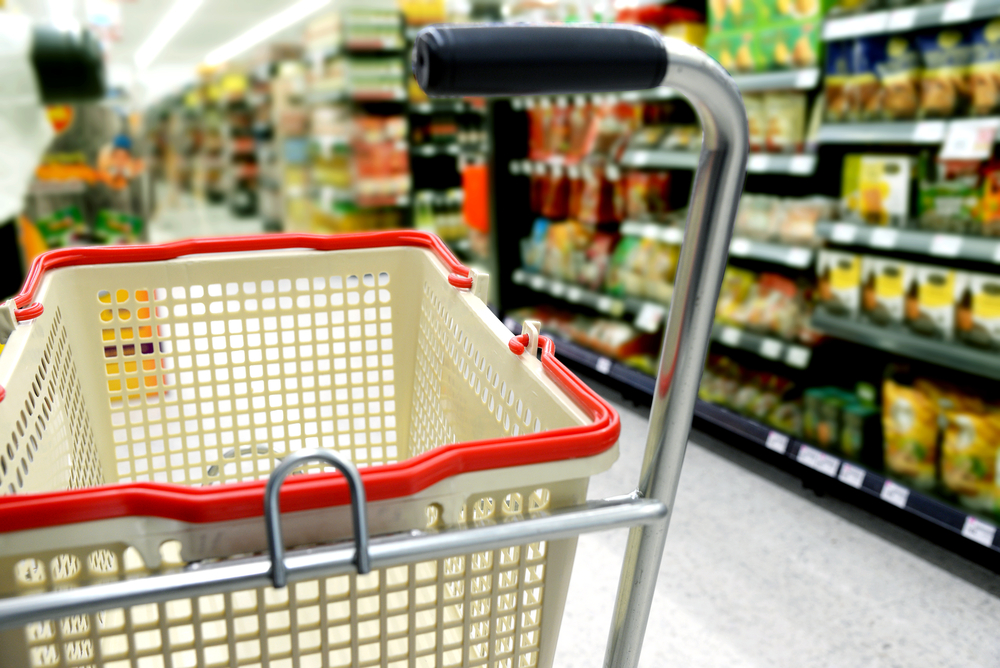Household Bills
Food price inflation fall little comfort to cash-strapped consumers

Food price inflation has dipped slightly but shoppers still have to spend an extra £60 in December to buy the same goods as last year.
According to consumer research company Kantar, four-week food price inflation fell by 0.1 percentage points to 14.6% in November, the first drop in food inflation recorded in 21 months.
But inflation still remains high and when combined with additional festive spending, supermarkets are on course to enjoy the biggest month on record for take-home food sales.
In December, sales are set to break through the £12bn mark for the first time with Friday 23 December forecast to be the busiest day for pre-Christmas shopping.
Take-home food sales have increased by 5.9% year on year in the 12 weeks to 27 November 2022, the fastest level of growth since March 2021.
To manage household budgets in the run up to Christmas Day, shoppers are leaving their festive purchases later this year and targeting value own brand labels.
Sales of mince pies, Christmas puddings and Christmas confectionery are worth 2% more than last year, but this rise can largely be put down to higher prices.
When comparing the number of shoppers buying festive treats and the overall number of purchases made, sales are currently down on last year.
Supermarket own label sales growing
Supermarket own label sales are growing at pace, now up 11.7% year on year. The cheapest value own label lines have soared by 46.3%, but consumers are not completely turning their backs on premium lines.
Premium own label sales are up by 6.1% to £461 million in November.
At the end of November, YourMoney.com reported on the rising rate of food inflation alongside five ways you can save on your next grocery shop.